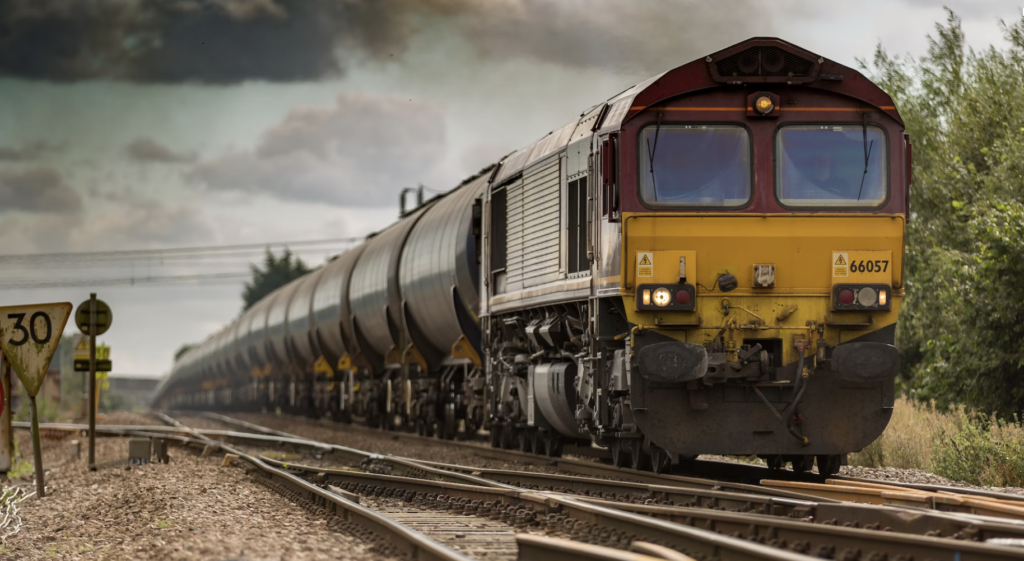A Rail Strike That Would Delay Holiday Deliveries At Major Risk Of Happening
A rail strike is on the verge of happening once again unless all 12 unions agree to ratify the benefits proposal that was tentatively agreed upon this past summer.
This article is more than 2 years old
A rail strike is on the horizon once more as three unions reject a tentative new labor deal. Based on the recommendations of an emergency board appointed by President Biden, the September agreement gave workers a 24% raise over five years, one more personal day, and a few modifications to strict attendance policies. It was hailed as an important win for the economy, as well as for employees and rail companies.
The Association of American Railroads described the deal as historic, noting that upon ratification, its members will receive an average payout of $16,000 in retroactive raises and bonuses. But a significant number of rail workers said it’s not enough to prevent a strike, NPR reports. The proposed pay increases barely offset inflation, while employee healthcare premiums could double when the contracts expire.
Paid sick days are not part of the agreement either. However, the freight railroads say their workers do get paid sick leave. Under the federal Railroad Unemployment Insurance Act, those unable to work due to illness get up to 26 weeks of partial pay, after a waiting period. But the unions say this is simply short-term disability coverage. It doesn’t include sick days that can be used when workers display flu symptoms. Therefore, the grounds for a rail strike are valid.
So far, seven unions have voted to ratify the agreement. But three others representing about 30,000 workers have voted it down. Two of the largest unions, representing almost 60,000 locomotive engineers and train conductors, are still voting. Those results are expected next week. Still, all 12 unions need to ratify the agreement to avoid a nationwide rail strike.
Even if just one disagrees, the others will all honor the picket lines and the rail strike will go ahead. If that happens, freight, Amtrak, and commuter systems would come to a standstill. It would also cost the country about $2 billion a day, which will add to the woes of an already strained economy. The National Carriers’ Conference Committee, which represents management in the negotiations, told CNN Business it was disappointed by the vote.

But since a cooling-off period remains in place, the failed ratification does not present a rail strike risk. Nor will it create any service disruptions until December 9th. Meanwhile, the union said it expects to continue negotiating toward a satisfactory contract. Interestingly, congress could intervene and simply impose the recommendations of the Presidential Emergency Board.
According to Bloomberg Law, any arbitrator with authority to bind the parties should be required to submit a draft of the agreement to the parties privately. That way, negotiations can take place after the parties’ submissions and subsequent to receipt of the draft. The arbitrator can use the opportunity between the draft award and a final binding award to get things right and avoid a rail strike.
This is in contrast to the emergency board that previously got it wrong. In his 2023 State of the Union Address, President Biden should present proposals to revise emergency procedures in both the Railway Labor Act and the NLRA, Bloomberg Law proposes. Both statutes cover industries (longshore, rail, and trucking) where nationwide strikes and lockouts are simply unacceptable and where the status quo can produce unfairness.







